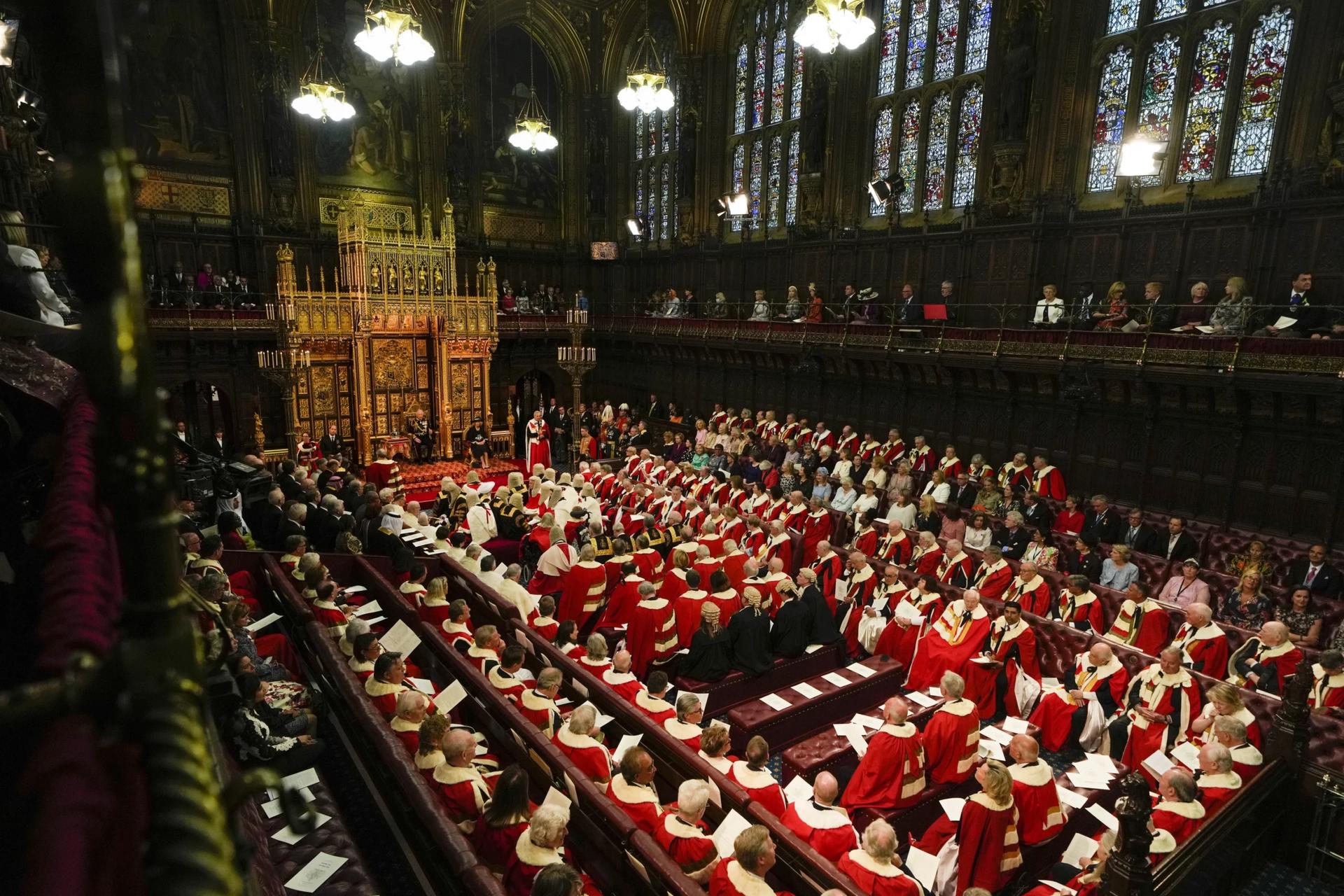LEICESTER, United Kingdom – Archbishop John Wilson of Southwark in England says society is called to care for the suffering, “not to bring about their death.”
The archbishop issued a pastoral message on assisted suicide as the British Parliament is facing pressure to legislate on the procedure.
In England and Wales, the 1961 Suicide Act makes it illegal to encourage or assist someone to take their own life, while laws in Scotland and Northern Ireland prevent dying people asking for medical help to die.
Campaigners have made numerous attempts to legalize euthanasia or assisted suicide in the United Kingdom in recent years.
British broadcaster Dame Esther Rantzen launched a petition calling for the legalization of assisted dying which led to a report from the UK Parliament’s Health and Social Care committee on the subject.
The report did not recommend a change to the country’s laws against assisted suicide, but did claim evidence it has led to better end-of-life care in countries where it is legal.
RELATED: UK Catholic groups glad committee doesn’t endorse assisted suicide
In his pastoral message, the Southwark archbishop said the Catholic Church believes and teaches that every life is valuable, regardless of one’s physical or mental state or ability.
“We cannot approve of any form of euthanasia and assisted suicide. Rather, we need to support individuals, families, and those who work in healthcare, so that the fundamental value of life is not eroded,” Wilson said.
The terms ‘assisted suicide’ and ‘euthanasia’ refer to a similar process, but have distinctive differences.
Assisted suicide refers to the act of deliberately assisting another person to end their life, usually by providing them with lethal drugs, while euthanasia is an action or omission which, of itself or by intention, causes death in order to eliminate suffering.
However, the archbishop says both involve a fundamental conviction that life is not worth living and a suffering person is better off dead.
“This raises many serious issues: The pressure which will fall on people with debilitating and life-shortening illnesses who are made to feel a burden to their family or society; the slippery slope which moves from there being an option to end one’s life to this becoming a duty; the impact on the ethos of medical and healthcare workers when those we trust to care for us also become those who might end our life; and the challenges of obtaining consent in the context of suffering,” Wilson writes.
“Elevating individual choice above any concern for its wider consequences can deform a culture of life into a culture of death. Experience shows, not least with abortion legislation, that whatever safeguards are initially assured, restrictions are trampled,” he added.
The archbishop said the answer to the pain of dying does not lie in assisted suicide, but improving palliative care provision, including better funding, training, and accessibility to ensure that everyone who needs palliative care can receive it.
He also said there are “grave concerns” about the dangers of coercion if assisted suicide is legalised.
“Once assisted dying is legal, there is a risk that vulnerable, disabled, and elderly people will feel obliged to consider it so as not to burden their loved ones. This fundamentally changes the relationship between healthcare professionals and their patients,” he said.
RELATED: Catholic group opposes ‘buffer zone’ legislation for abortion in Scotland
In his message, Wilson says that assisted suicide is not the only threat we are facing, with attempts to manipulate HM Government’s Criminal Justice Bill with extreme abortion amendments making it possible for abortion up to birth.
“Our world is beautiful, but it is also troubled,” he said.
“We are witnessing an increasing number of threats to the dignity of the human person. These range from violence and war to poverty and disease. Our global climate is in crisis. Some of these threats may seem distant to us. They happen to other people in other countries; but the human family is one,” the archbishop said.
“These threats are not only physical. They are also moral and spiritual. They may involve individuals, but their impact is much more extensive and challenges our very understanding of the value and dignity of human life,” Wilson said.
Follow Charles Collins on X: @CharlesinRome














